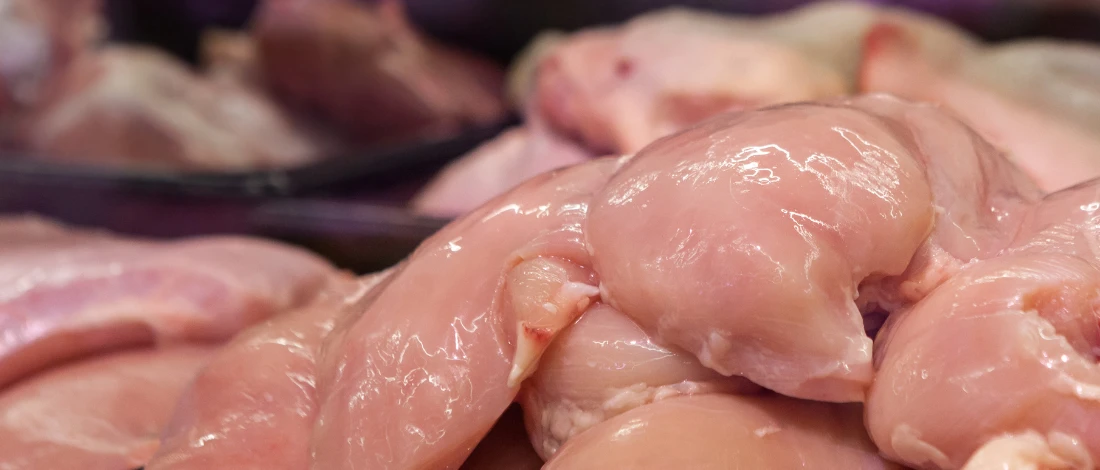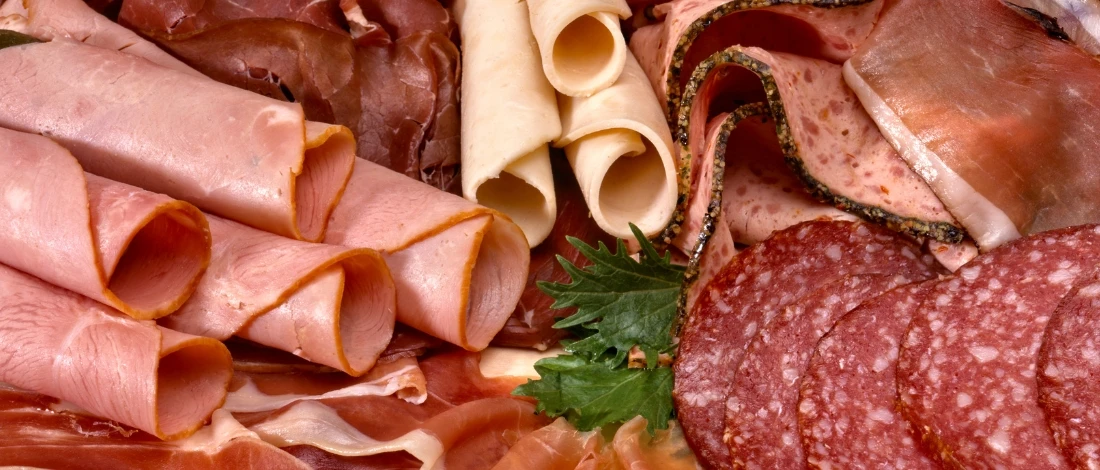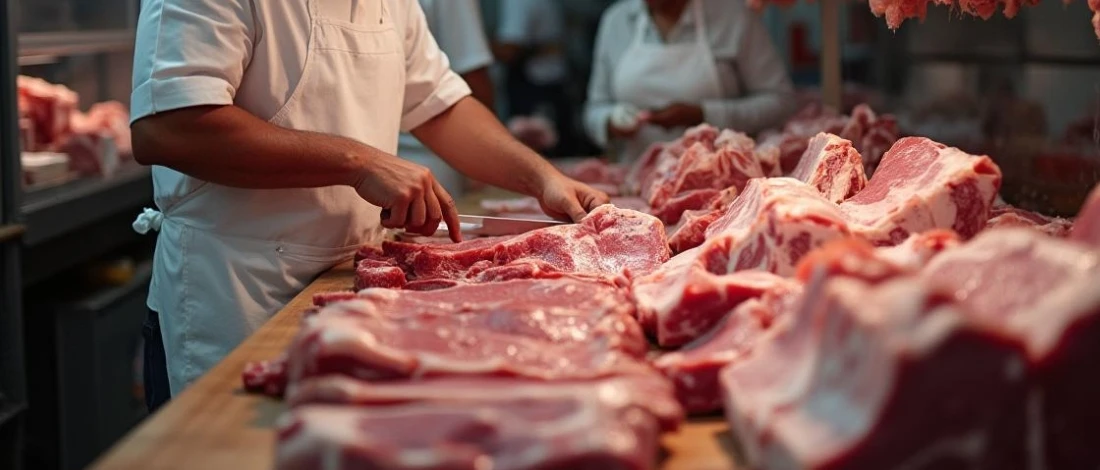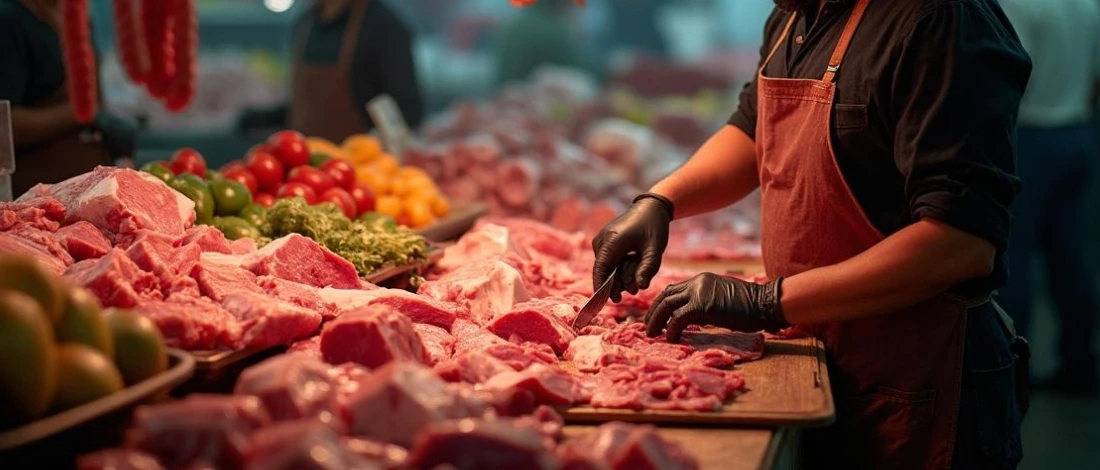Reducing Mpox Risk: Safer Bushmeat Markets Could Be the Key
With cases of mpox sweeping across Africa, concerns around its root causes have intensified. Wild meat markets, where bushmeat like monkeys, rats, and squirrels is sold, are drawing attention as potential sources of zoonotic disease.
The consumption of wild meat is culturally significant in many regions, especially in Africa, where it contributes substantially to dietary needs. Yet, unhygienic practices in these “wet” markets raise health risks, especially with diseases like mpox and Ebola, both known to jump from animals to humans.
Lessons from the Past: Adopting a One Health Approach
The current mpox outbreak serves as a reminder of past crises, such as the 2014 Ebola outbreak. Now, researchers suggest a One Health approach, integrating public health experts, veterinarians, and community leaders to promote safer bushmeat handling practices.
In a recent study, Steven Lam and Delia Grace, both public health researchers, propose practical ways to minimize disease transmission without eliminating bushmeat consumption.
Lam and Grace stress that effective intervention hinges on three critical components: building capacity, providing incentives, and implementing policies.
“Food safety efforts in informal markets have traditionally focused on encouraging local communities to adopt safer practices,” they note.
This means understanding the unique perspectives within these communities and fostering trust through targeted health messaging. In places like the Democratic Republic of Congo, past campaigns have struggled due to public distrust, so building a connection with the community is essential.
Incentives, Not Just Enforcement, Can Change Behaviors
While bans on bushmeat sales have been attempted, as Nigeria did in 2022 to curb mpox, enforcement alone isn’t enough.
Bans can drive sales underground, worsening hygiene standards. Instead, economic and social incentives—like highlighting the financial benefits of safe practices—may inspire vendors to embrace better handling.
“Economic incentives might include describing the potential financial gains from attracting a larger customer base due to the credibility of safer meat,” the researchers explain.
Building Safer Markets and Supporting Communities
Policies that enable safer bushmeat practices, coupled with support for alternative protein sources, can reduce reliance on wild meat while supporting local diets.
Moving forward, involving local communities in these efforts and ensuring support from global health entities could make a lasting difference in managing future outbreaks.
Curious about the impact of bushmeat markets on public health? Check out more on our homepage for solutions and updates.





